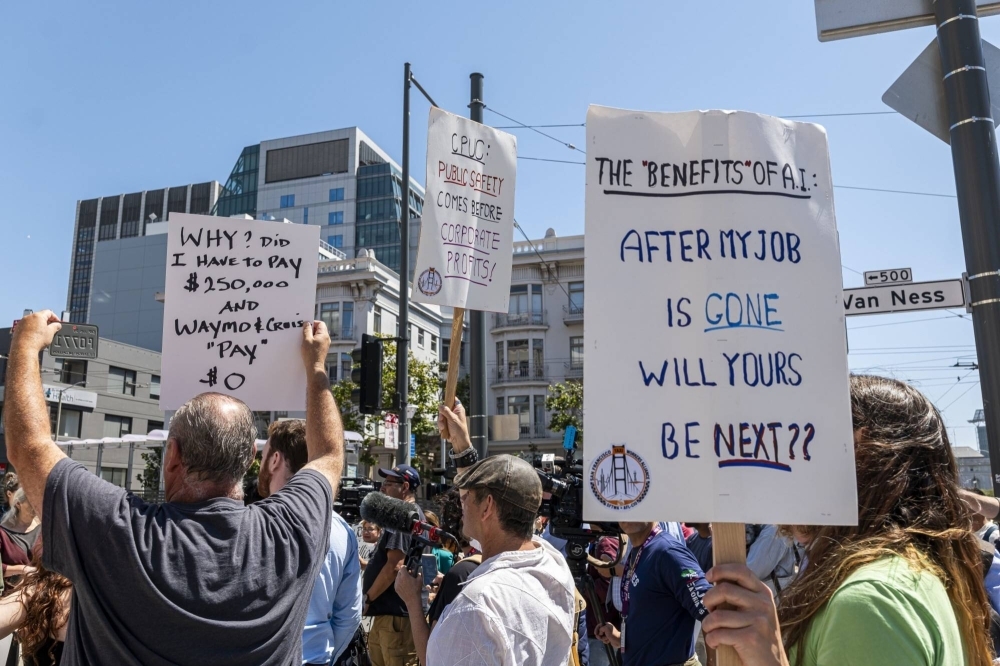If medieval advances in the plow didn't lift Europe's peasants out of poverty, it was largely because their rulers took the wealth generated by the new gains in output and used it to build cathedrals instead.
Economists say something similar could happen with artificial intelligence if it enters our lives in such a way that the touted benefits are enjoyed by the few rather than the many.
"AI has got a lot of potential — but potential to go either way," argues Simon Johnson, professor of global economics and management at MIT Sloan School of Management.



